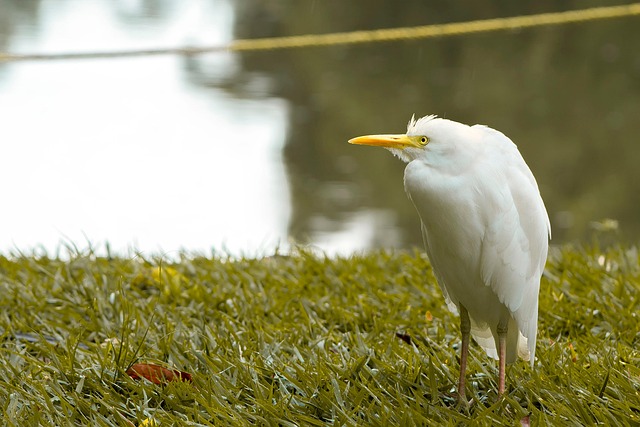Gardening is more than just a pleasant pastime; it plays a crucial role in fostering ecological sustainability within our natural habitats. As we strive to protect our planet, incorporating gardening practices into our daily lives can create a ripple effect that encourages harmony between humans and nature. Here are five ways gardening contributes to ecological sustainability:
- Enhances Biodiversity: A well-tended garden invites various plant and animal species, creating a robust ecosystem. By planting native flora, gardeners can attract pollinators such as bees, butterflies, and birds, which are essential for maintaining the balance of our environment. Each diverse organism plays a unique role, from aerating the soil to pollinating plants, ensuring that our ecological web remains intact.
- Improves Soil Health: Sustainable gardening techniques, such as composting and natural pest control, improve soil health and structure. Healthy, organic soil supports plant growth while reducing the need for chemical fertilizers that can harm local habitats. By enriching the ground beneath our feet, we create a thriving environment for microorganisms, worms, and beneficial fungi that contribute to a self-sustaining ecosystem.
- Promotes Water Conservation: Efficient gardening practices help manage water resources better. Techniques like rainwater harvesting, drip irrigation, and xeriscaping reduce water wastage. By creating gardens that thrive with minimal irrigation, we can preserve this precious resource, making it available for surrounding habitats and ecosystems that rely on healthy water cycles.
- Encourages Carbon Sequestration: Plants absorb carbon dioxide during photosynthesis, making gardening a vital tool in combating climate change. Trees, shrubs, and other plants work as natural carbon sinks, capturing atmospheric carbon and releasing oxygen, thus enhancing air quality. By cultivating green spaces in urban areas, we can mitigate the urban heat island effect while contributing to a healthier planet.
- Fosters Community and Education: Gardening brings communities together, providing a platform for education about ecological principles and sustainability. Community gardens, in particular, create a shared space where individuals can learn about native plants, sustainable practices, and the importance of protecting local ecosystems. This shared knowledge fosters a sense of responsibility and stewardship toward the environment, encouraging collective efforts toward ecological sustainability.
Incorporating these aspects into our gardening practices not only nurtures our personal green spaces but also contributes positively to the surrounding ecosystems. The connection between gardening and ecological sustainability is a powerful testament to how small actions can lead to substantial environmental impacts. By embracing gardening as a tool for promoting sustainability, we can cultivate a richer, greener world for generations to come.




